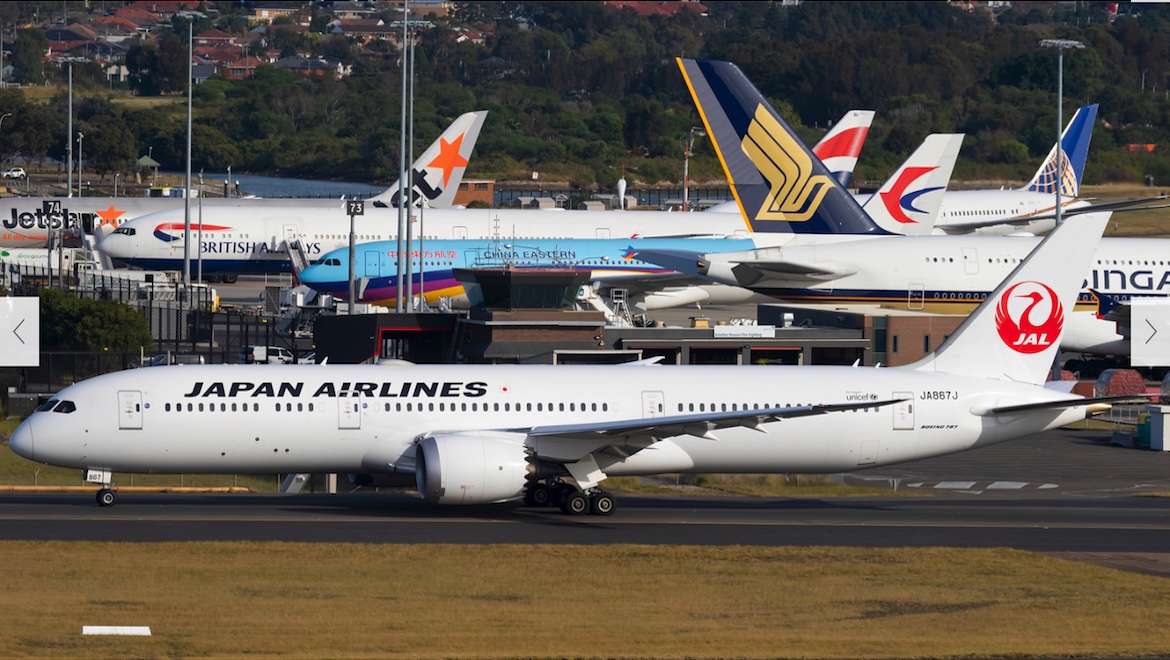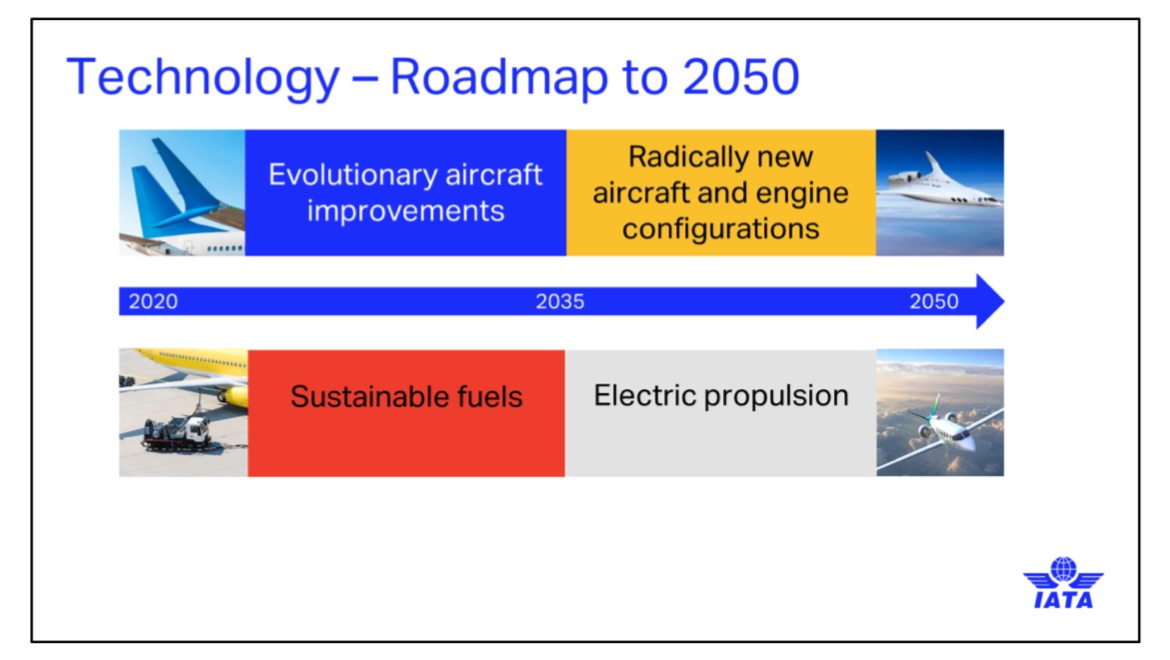
The 193 member states of United Nations (UN) agency the International Civil Aviation Organisation (ICAO) have passed a resolution supporting the successful implementation of the world’s first global carbon offsetting scheme during the organisation’s 40th Assembly in Montreal.
However, the implementation of its Carbon Offsetting and Reduction Scheme for International Aviation (CORSIA) was not without criticism by environmentalists of some European Union delegates for failing to point out that the scheme could scupper Europe’s own emissions trading scheme (ETS).
The ETS covers all flights operating within the European economic zone but not those flying into or out of the area.
Paragraph 18 of the ICAO resolution deemed CORSIA would be the only global market-based measure applying to carbon dioxide emissions from international aviation “so as to avoid a possible patchwork of duplicative state or regional marked-based measures (MBMs), thus ensuring that international aviation CO2 emissions should be accounted for only once”.
CORSIA required airlines to be paying into offsetting schemes such as forest plantation projects by 2027, while the European ETS was a MBM scheme linked to carbon price that can go up or down and was due to be fully operational by 2024.
ICAO said in a statement that a report would now go to the next Assembly, where options for adopting a “long-term aspirational goal for reducing carbon emissions from international aviation” would be considered.
“The Assembly marks the first time the ICAO member states have agreed to consider a long-term goal for governments to reduce aviation emissions – a move that is strongly welcomed by airlines,” ICAO said, while at the same time admitting decarbonising the sector would be a major challenge.
“Flying today is 17.3 per cent more fuel efficient than a decade ago. From 2020, with the help of CORSIA, the sector’s growth will be carbon neutral” it said.
“The strong support of governments for developing a UN-backed long-term goal for reducing emissions would support us in those efforts and take us to the next step.”
The ICAO statement made no mention about the European ETS scheme.
The UN body’s quest for a universal scheme – CORSIA – began a decade ago with plans to cut aviation emission to half the level of 2005 by 2050.
International Air Transport Association (IATA) director general Alexandre de Juniac said in the ICAO statement that national policy measures, aligned to a global long-term emissions reduction goal, enabled the industry to work more effectively on crucial opportunities such as commercialising sustainable aviation fuels and more efficient air traffic management.
ICAO said support for CORSIA would shore up the “important step of capping aviation’s emissions from 2020 with CORSIA offsetting growth of international flight emissions from 2021, generating some $US40 billion of aviation-funded climate finance by 2035”.
“The Assembly has sent a clear message that government’s are committed to CORSIA and want to broaden participation from the voluntary stage,” ICAO said.





